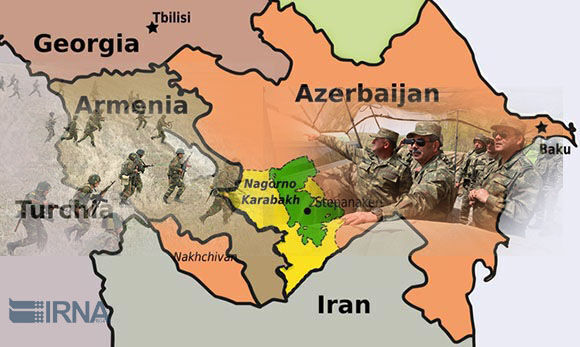
The Supreme Leader's view of "differentiating war from crime" emerged during the imposed war and during Saddam's invasion of residential and civilian areas, and gradually became a discourse. In that period, by attacking residential areas and non-military places and destabilizing the sea, Saddam's regime tried to pressure Iran to accept a ceasefire. Mediation delegations also saw the attack on civilians as part of the war, evading condemnation of the Ba'athist regime.
During this period, Ayatollah Khamenei, the then President of the Islamic Republic of Iran, in meetings with mediation delegations, called the war as a military conflict on the war fronts and the attack on people and civilian places as a crime. He called on the mediation delegations to distinguish between war and crime, because the issue of war is not the same as the issue of bombing towns, people, hitting oil tankers, and threatening passenger planes. Conflict on the battlefield is war, but attacking innocent people is a crime, and the UN Security Council and its good-will delegations must distinguish between war and crime, and, by condemning crimes, prevent violation of the international law.
Ayatollah Khamenei once said in an interview with the Arabic-language magazine Al-Alam on February 4, 1987:
"War, like other general issues, has its own rules, and the two sides of the war, which are enemies of each other, have always committed themselves to abide by those rules. Even in old wars, the story has been the same. That is, when two armies were fighting, they considered themselves obliged to take each other out of the field and to kill the opposing forces if necessary, but everywhere and always and in the eyes of most people, to remove the eyes or cut off the nose and ears of the dead bodies, or killing of women or children, as well as the killing of doctors is a forbidden and reprehensible act; and thus, the laws of war are not specific to our time, and the people of the world, even when they have not reached this level of civilization, to fight, they had ruled with their own enemy."
Unfortunately, according to official sources, during the new wave of clashes between the Republics of Azerbaijan and Armenia in the Nagorno-Karabakh region and seven cities occupied by Armenia, residential areas of the city of Ganja in the Republic of Azerbaijan were hit by Armenian shelling and a number of civilians, including several women and children, were killed and wounded, and homes were destroyed.
The war between the Republics of Azerbaijan and Armenia is an act against regional peace and security, and we hope that it will end fairly, but attacking residential areas is a crime and cannot be considered part of the war. The issue of war should not be turned into a crime by hitting cities. War is war, with its rules and conditions, and attacking cities and civilians is a matter beyond war and, in fact, it is a crime. An important part of the tasks of the United Nations Secretary-General of and the Security Council is to find a way to end the war and to take decisive action to prevent the commitment of crimes.
The current war in Nagorno-Karabakh is another test for the UN Security Council. The Council has so far adopted four Resolutions for ending the long-running Nagorno-Karabakh conflict and obliging Armenia to withdraw from the occupied territories of Azerbaijan. The Security Council must use legal mechanisms to enforce the provisions of those Resolutions. Meanwhile, it is necessary to prevent the spread of attacks on residential areas, and also for the Security Council to take the necessary measures to prevent the happening of crimes. Observance of human rights and the principles and rules governing armed conflicts, including the Geneva Conventions (1949) and its Additional Protocols (1977), and in particular the Fourth Geneva Convention on the Protection of Civilians, obliges the United Nations and the Security Council to take a stand on any violation of the rights of innocent people and damage to civilian premises.
The stance of our Ministry of Foreign Affairs in condemning the attack on the residential areas of Ganja was a good step that should be adopted by other peace-loving countries in the region and the world. Stopping attacks on civilians will certainly pave the way for finding just solutions to end the war between Azerbaijan and Armenia.
Writer: Mohsen Pakaeen
3266**2050
Follow us on Twitter @IrnaEnglish
IRNA English solhkhabar | Peace International News Agency Peace International News Agency , Peace News , International Agency News of Peace
solhkhabar | Peace International News Agency Peace International News Agency , Peace News , International Agency News of Peace